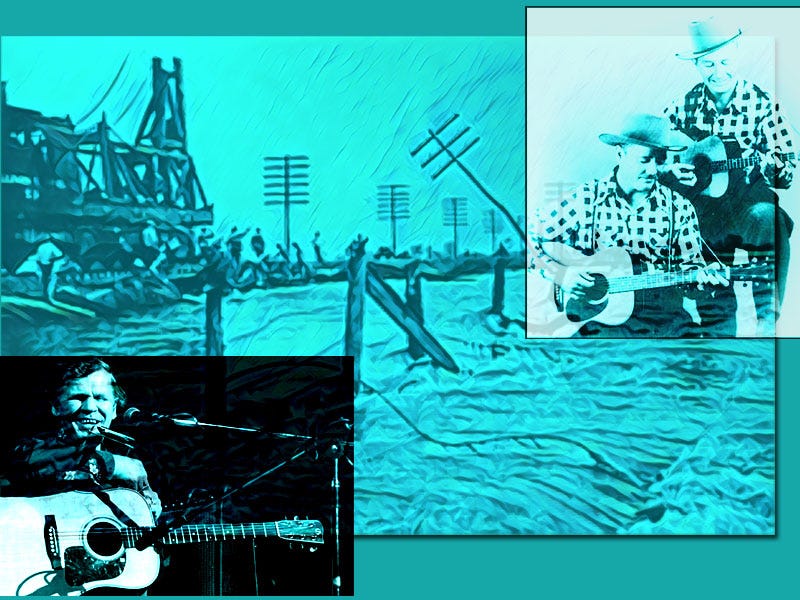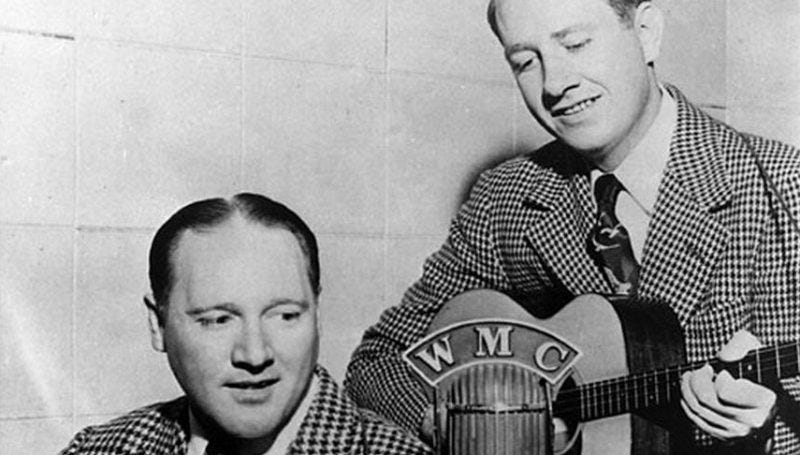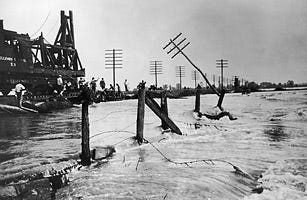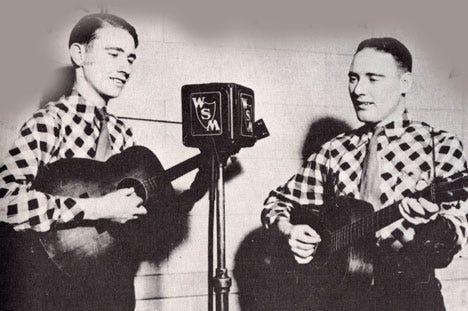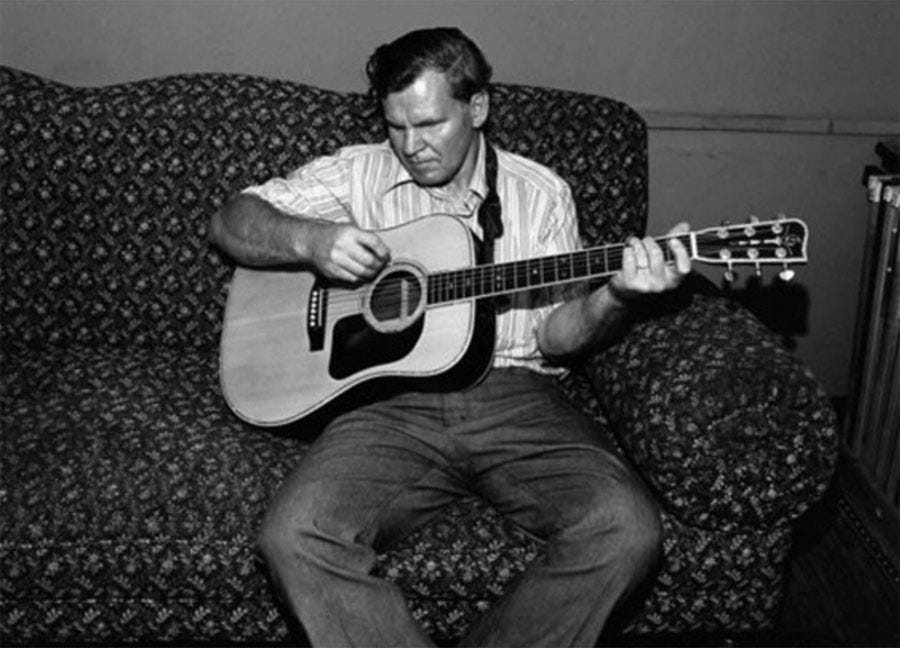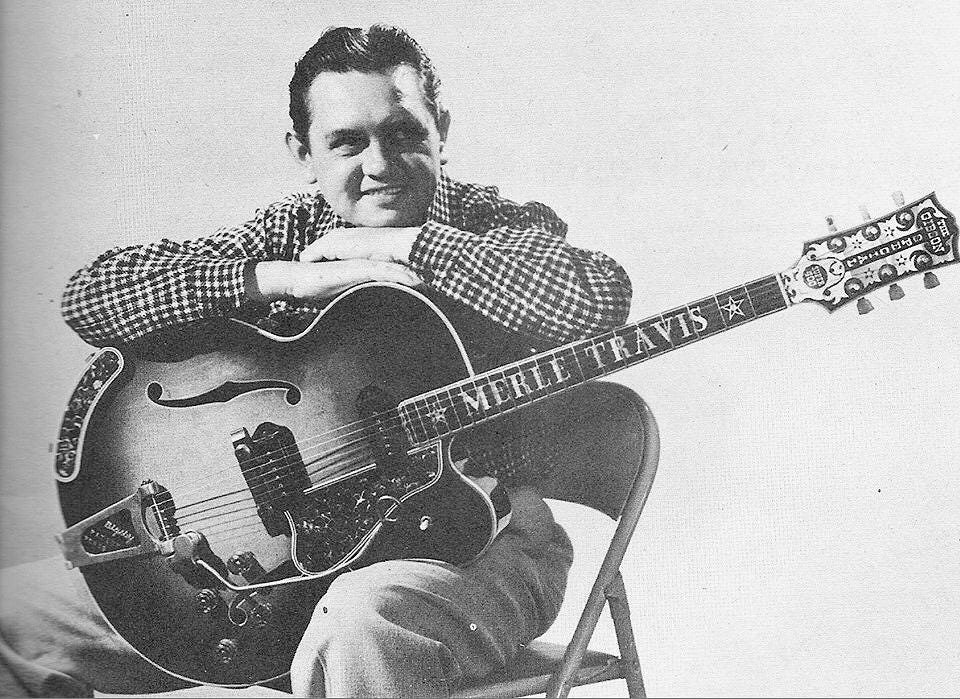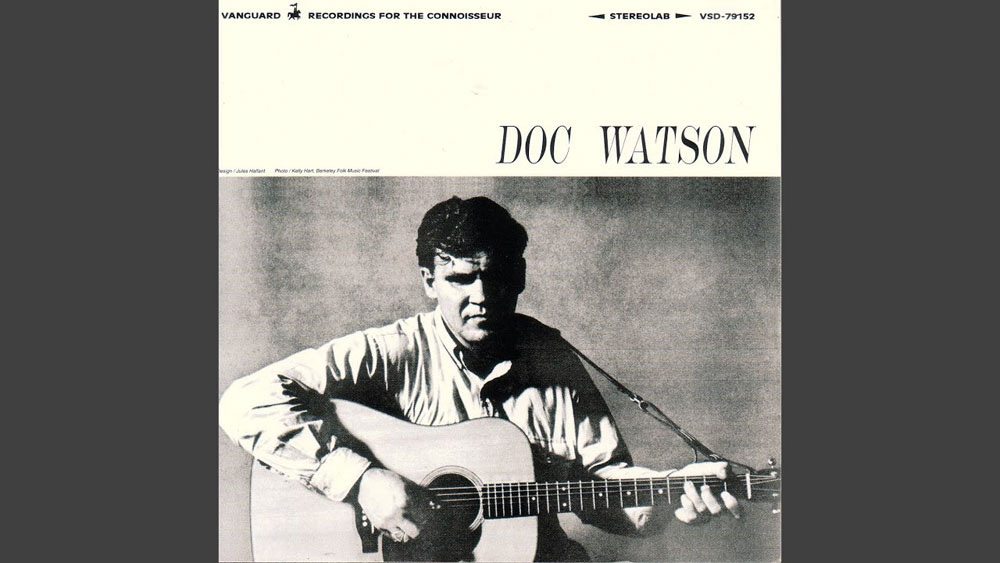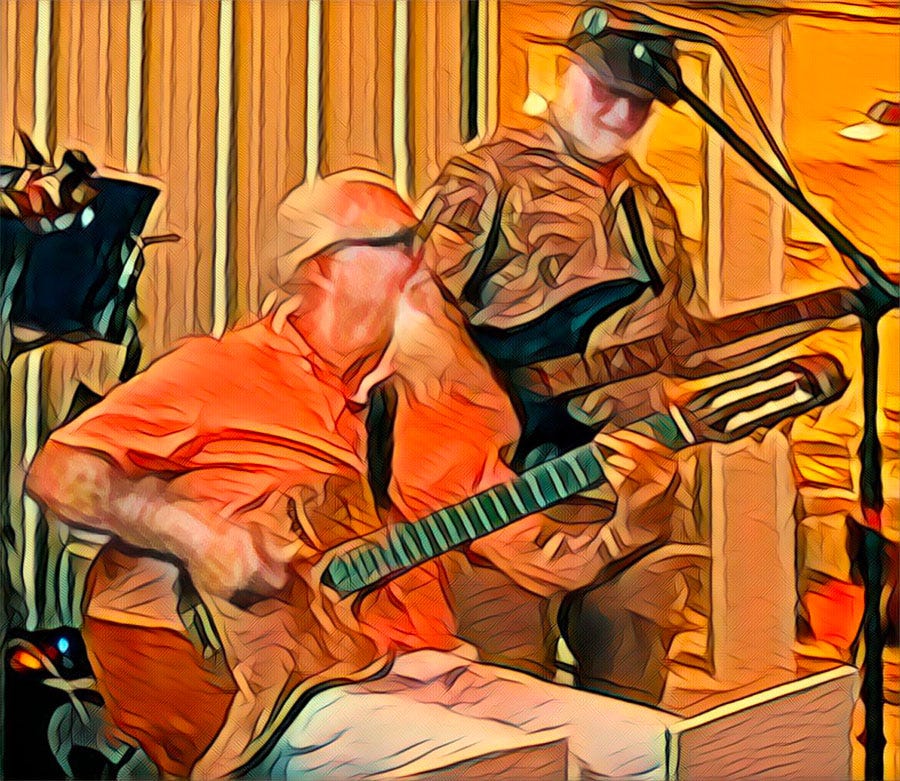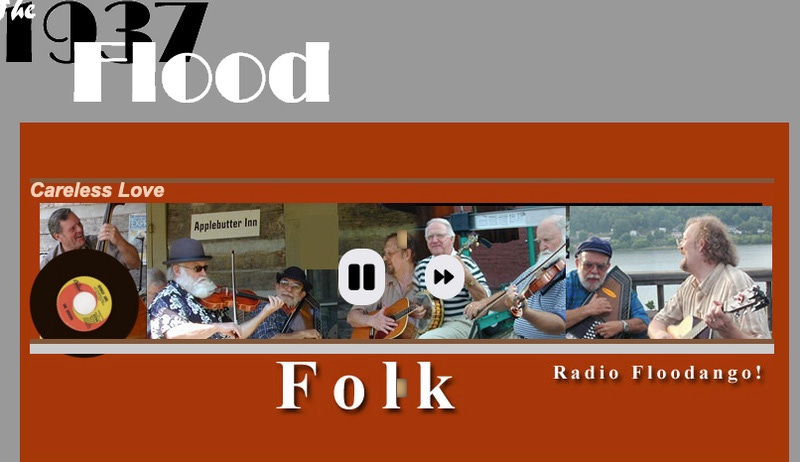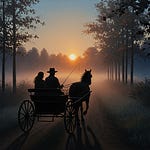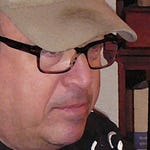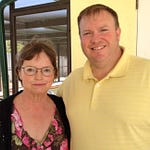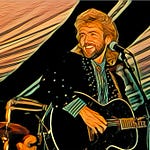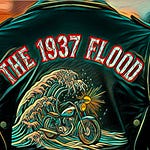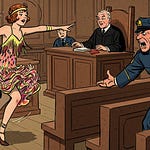Sons of a tenant farming family, Alton Delmore and his baby brother Rabon grew up dirt poor in Elkmont, Alabama, in the 1920s, but they were rolling in another kind of riches: Music, the melodies and lyrics they heard it all around them and that they would bring to the rest of us.
The boys’ mom, Mollie Delmore, wrote and sang gospel songs for their church. When Alton and Rabon later fashioned themselves in one of America’s first supergroups, The Delmore Brothers, they helped create the still-emerging genre of country music by blending those tight gospel-style harmonies with blues and the quicker guitar-work of traditional folk music.
The Delmores made their first recording for Columbia in 1931 ("I've Got the Kansas City Blues" and "Alabama Lullaby" which became their theme song.)
Two years later, they signed a contract with Victor Records budget label Bluebird, and for it on Dec. 6, 1933, they recorded the tune that they called “I Got The Big River Blues.” Music historians think the song probably was inspired by the cataclysmic flood of 1927 along the lower Mississippi River, a landmark moment in American history — and in music history — which left a trail of loss and damage through at least 10 states.
It was a song that helped The Delmore Brothers become regulars — and soon the most popular act — on radio’s then-new Grand Ole Opry variety program.
Enter Doc Watson
Meanwhile, over in North Carolina, Doc Watson was 10 years old when that Delmore Brothers record came out. Young Doc — well, he was still “Arthel” to everyone in Deep Gap, NC, back then — was already interested in music, playing harmonica and teaching himself banjo, and he was three years away to starting his mastery of the guitar.
The story goes that one day Watson’s father, hearing Arthel plucking chords on a borrowed guitar, promised to buy the boy his own guitar if he could teach himself a song by the end of the day. The youth taught himself The Carter Family’s “When the Roses Bloom in Dixieland,” and a week later he was the proud owner of a $12 Stella. (He would be a few years before he got his D-18.)
But back to the song, Watson always said he first heard the song from the Delmores, but he fashioned his famed 1964 rendition as he thought his hero Merle Travis would play it, with a heavy emphasis on the thumb being used to thump out a driving bass line. (For that Vanguard Records album, he also renamed the song “Deep River Blues,” which is why a lot of us thought Doc wrote it.)
In an Acoustic Guitar magazine interview a few months before his death in 2012, Doc said he wanted to play the tune as soon as he heard it, but that he couldn’t manage to make it sound good enough with just one guitar… that is, until about 1939 when he first heard that cool Travis picking style on the radio. He said he figured that if he could get that big bass working, maybe he could at least do the song. And he did and he did.
Our Take on the Tune
Throughout the winter and this spring, our newest band mate, Danny Cox, has been having one-on-one weekly jam session with his old buddy, bassist Randy Hamilton, and sometimes they bring tunes they’ve work out to the regular weekly Flood rehearsal for the rest of us to get in on the fun.
Now, over the the years, we’ve tried to work out a Flood arrangement of “Deep River Blues,” but it never really took, until recently when Randy and Danny brought in what they’d wrought. And as you can hear on this track, we’re all pretty excited about it. Click here to hear our first take on “Deep River Blues,” with Randy singing the lead!
Postscript for the Folkies Amongst Us
Finally, if this is the sort of tune that soothes your soul, then you’re probably — like us — unreconstructed folkies. If you’d like another serving or two (or 20 or so), check out the band’s Folk Channel on our Radio Floodango music streaming feature by clicking here.



